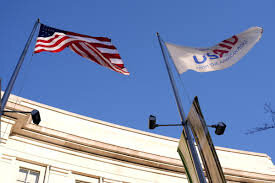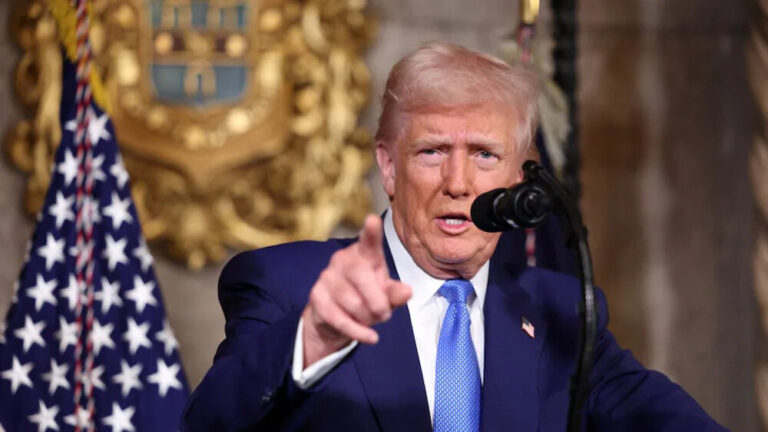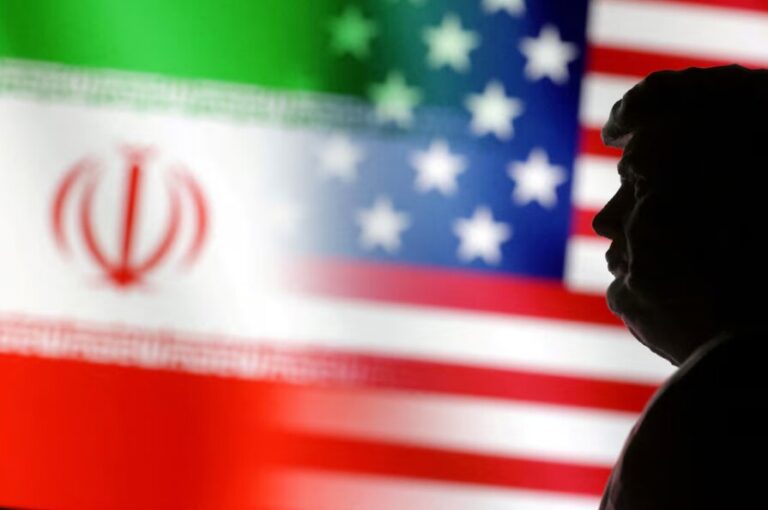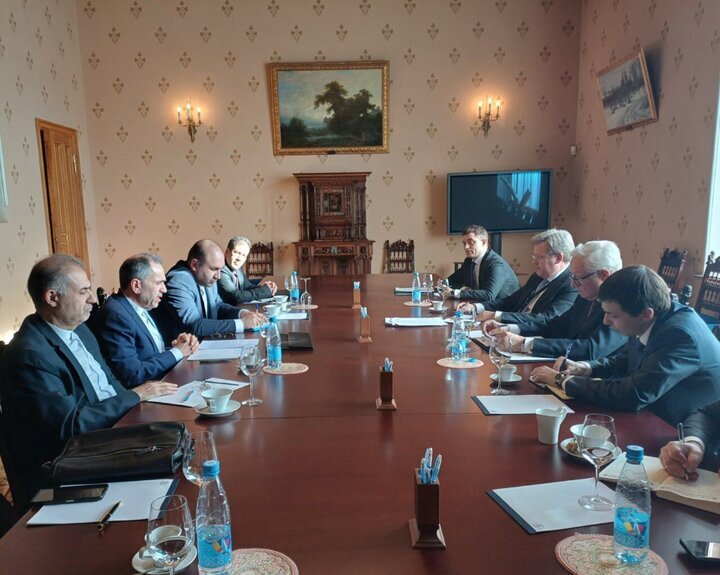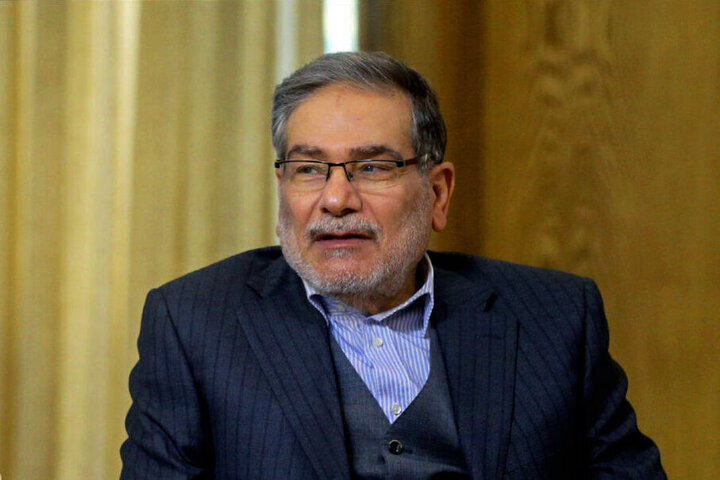Exploring U.S. Hegemony: What Power Dynamics Are at Play?
Lebanon’s NGOs face a crisis as President Trump’s recent executive order puts all USAID-funded projects in jeopardy. This decision, which suspends essential funding, could significantly impact humanitarian efforts in Lebanon, particularly affecting programs aimed at supporting Lebanese citizens and Syrian refugees.
In 2025, USAID had planned to allocate approximately $72,245,000 to various initiatives in Lebanon. However, with the suspension of these funds, a critical lifeline for the UN World Food Programme (WFP) could be severed. The WFP alone depends on about $45 million from USAID, which means that around 170,000 Lebanese and 570,000 Syrian refugees may soon find themselves without the aid they desperately need.
According to the U.S. embassy in Beirut, USAID invested roughly $293 million in Lebanon throughout 2024. This funding included a significant contribution of $128 million to the Rapid Response Fund (RRF), accounting for over 40% of the total financing provided to international organizations in the country.
President Trump’s rationale for this funding suspension is rooted in a three-month review process, aimed at assessing whether U.S. foreign aid aligns with the “America First” policy. This approach emphasizes reducing foreign expenditures in favor of domestic spending.
Trump’s perspective as a businessman leads him to believe that U.S. foreign policy objectives can be achieved without extensive financial outlays. He has demonstrated a willingness to leverage social media to influence countries like Colombia, threatening increased tariffs and sanctions without incurring substantial costs.
Interestingly, Trump has exempted Egypt and Israel from these cuts. From 1946 to 2022, Israel received about $317.9 billion in aid, while Egypt received approximately $182 billion. This exemption raises questions about the strategic interests that guide U.S. foreign aid allocations.
The imminent financial shortfall has prompted many Lebanese NGOs to initiate layoffs and scale back operations. The repercussions of Trump’s decision will undoubtedly affect numerous projects funded by Washington across Lebanon.
As previously noted, the WFP’s operations in Lebanon are particularly vulnerable, as USAID contributes roughly 62.2% of the necessary funding. Furthermore, eight international agencies were scheduled to receive a combined $27 million, with notable allocations including:
- International Organization for Migration: $12 million
- World Health Organization: $3.5 million
USAID’s funding patterns reveal a broader trend, with the Asian continent receiving the highest annual allocations at $20 billion, followed closely by Africa at $14 billion. This distribution underscores the extent of Washington’s strategic interests in these regions.
In addition to regional funding, the “global governance” sector receives about $16.8 billion annually from USAID. This sector plays a crucial role in shaping international economic policies, often steering them toward neoliberal agendas.
The term “global governance” encompasses the frameworks guiding both formal and informal structures, including governments and NGOs. During his first term from 2017 to 2021, Trump approached foreign aid cuts with less severity than he appears to be doing now. Observers at the time speculated that his priority was imposing sanctions on Iran and destabilizing anti-American regimes.
Currently, Trump claims that his decisions will not be swayed by the entrenched interests of the U.S. establishment, vowing to assert his authority over foreign policy. This stance suggests a potential clash with the neoliberal globalist movement, which is often associated with the Democratic Party.
Glenn Dessen, a professor specializing in Russian foreign policy, draws comparisons between Biden’s and Trump’s approaches to global governance. He notes that both leaders share a common objective: maintaining the United States’ “unipolarity.” Dessen elaborates, stating, “Biden aimed to restore U.S. greatness through ideological alliances that create regional blocs, encouraging loyalty among allies while sidelining adversaries.”
In contrast, Dessen argues that “Trump seeks to withdraw from global governance institutions, which he perceives as draining U.S. resources. He believes that the alliance system is excessively costly and restricts diplomatic flexibility.”
Dessen cautions that this pursuit of unipolarity may prompt other nations to collaborate more closely, diversifying their economic and military endeavors, and fostering the development of new regional governance institutions.
As Lebanon braces for the fallout from Trump’s funding suspension, the future of humanitarian aid and various projects funded by the U.S. hangs in the balance, leaving many vulnerable populations at risk of losing critical support.
